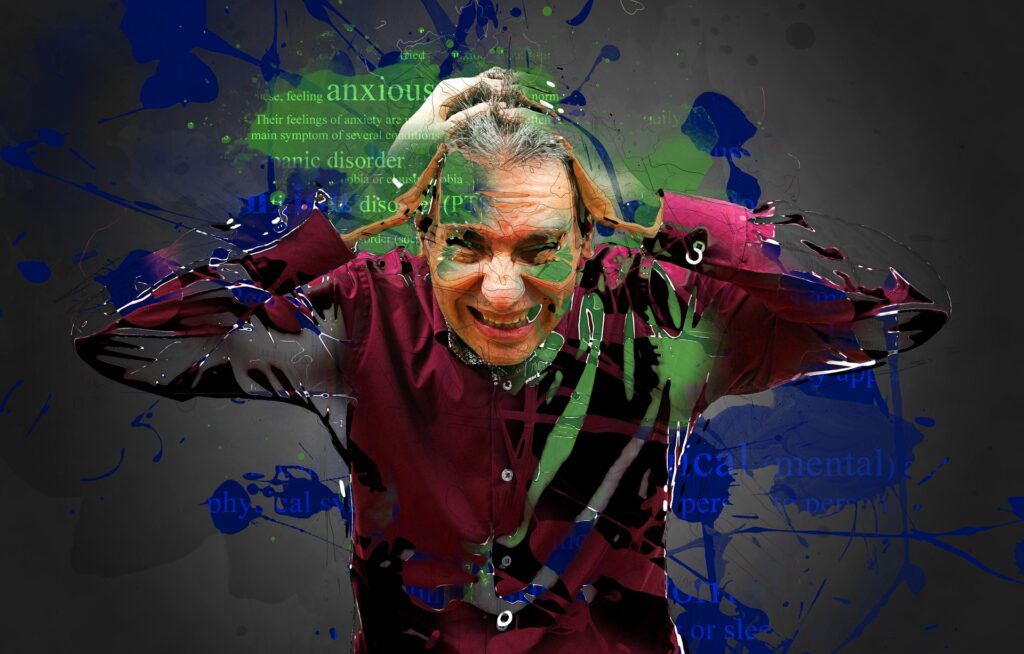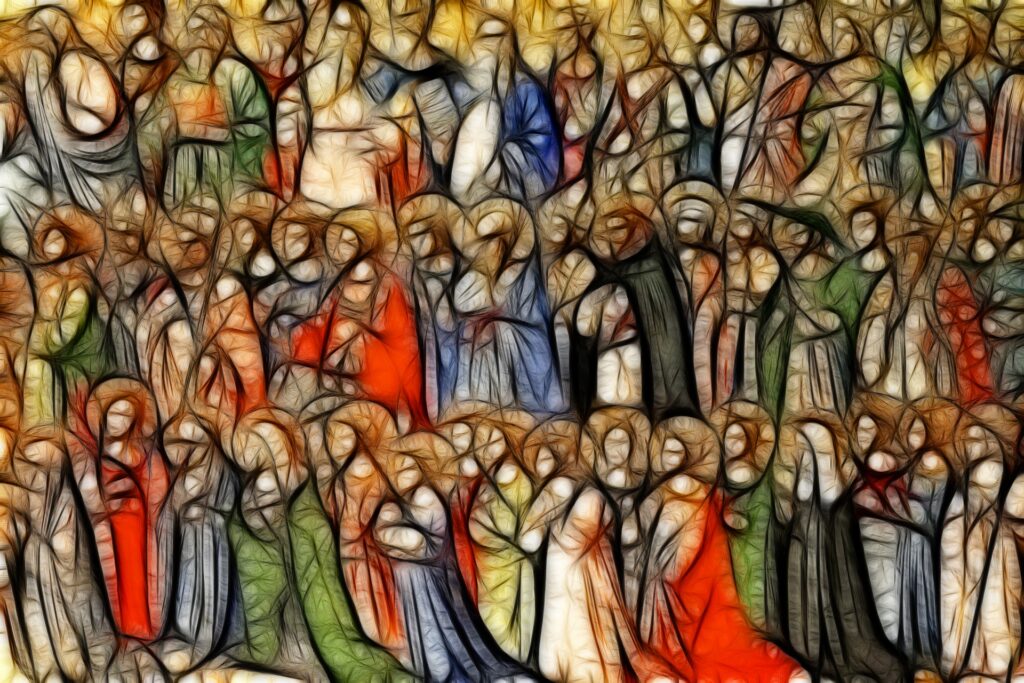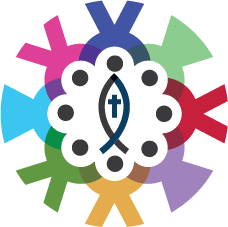Current Issues Affecting Mental Health and Wellbeing

Communities and Crises
Over the past year Australia has been facing tumultuous upheavals, unprecedented in our lifetimes.
Prolonged drought has hit rural communities, threatening livelihoods, straining local economies and eroding community networks. ‘Environment-related’ anxieties have led to resignation and loss of hope. Sadly, that loss of hope has seen some take their own lives. Suicide rates in rural and remote communities are 66 per cent higher than in major cities.
The recent bushfires wiped out entire communities. Lives were lost, communities displaced, homes and businesses were destroyed. The greater frequency and intensity of weather- related disasters amplify the impact climate change is having on mental health.
We now face the COVID-19 pandemic. In our vulnerability we realise that we are not in control.
Our daily routines have been disrupted and over a million people have lost their jobs or been stood down. Our workplaces and churches have been closed and we have been forced to isolate ourselves from others.
Anxiety and fear of the unknown are normal psychological responses that can spur positive responses to protect ourselves and our communities. However, severe anxiety or depression can incapacitate us and fear of the unknown can become fear of our neighbour.
The solidarity of our community can be damaged and those who are most vulnerable can be put in harm’s way.
The number of people experiencing or at risk of mental ill-health has increased during this period of pandemic. Many more will be distressed or relive previous trauma through the impact the virus is having in their lives.
This time also provides opportunities for our society to act in a way that brings harmony and sustainability to all of life. Already the air is fresher and rivers are running clearer. Greenhouse gas emissions are falling and our ecological footprint is shrinking. Governments have moved responsibly to assist many who have been affected economically.
Focusing on the essentials of life has reduced the force of consumerism in our lives, and we are finding new ways to work and maintain our social networks online. We are rediscovering the creativity of love in new ways.
We hope that our society’s shared experience of anxiety and distress will help us to remove the stigma and discrimination that has surrounded mental illness over the centuries.
Reference: (2021). Social Justice Statement 2020-21: Live Life to the Full Mental Health in Australia Today. Australian Catholic Bishops Conference. Page 5 – 6.
Mental Health in a Pandemic World

COVID-19 pandemic is a threat in many ways– physical, social, political and economic. But it’s also putting pressure on the mental health of many people in ways both seen and unseen. Those who are at high risk, and those who love them, may be especially anxious.
The loss of jobs and income from businesses, together with underemployment and insecure work, place enormous pressure on people trying to provide for themselves and their families. Isolation has also been very difficult for many – and dangerous for those who are in situations of family strife and domestic violence.
These can be stressful times for people in decision making positions. It’s not easy to balance care for public health and safety and the need for social connection, economic activity and other essential communal activities – including public worship. Many of us will experience a mental health problem at some point through our lives – and this may well be the time.
In the 2020-21 Social Justice Statement, To Live Life to the Full: Mental Health in Australia Today, the Catholic Bishops of Australia encourage faith communities, governments and each one of us, to make mental health a priority. We want to say clearly that mental ill-health is not a moral failure, the result of a lack of faith, or of weak will.
Jesus himself was labelled mad (Mark 3:21; John 10:19) and, like us, he suffered psychological distress (Luke 22:44; Matt 26:37; Mark 14:33; John 12:27).
People experiencing mental ill-health are not some ‘other’ people, they are ‘us’. People in our families, faith communities, workplaces and society are suffering mental ill-health – and they can be of any age or socioeconomic background.
Whoever and whatever they are, they need our understanding and support. We commend the mental health support provided by volunteers and staff of Catholic organisations, hospitals, schools, and community health services, and we encourage you to reach out to them if you or your loved ones need support. We know too that that there are gaps in the mental health system that need to be addressed. Social
determinants including poverty, living conditions, and personal security are significant contributors to mental ill-health. They place people who are already vulnerable or disadvantaged at greater risk of ill-health and of falling through gaps in the system.
During this time of pandemic, we have often heard it said that “we are all in this together”. The quality of our care for the people who are the most vulnerable or
disadvantaged will be the test of whether or not this is true. A commitment to the common good means attending to the good of all of us, without exception. It means paying special attention to those who are most often overlooked, sidelined or excluded.
It is surely time for us to make mental health a real priority, so that all people may know the fullness of life which Jesus offers (John 10:10).
Reference: Mark Coleridge, Archbishop of Brisbane, President, Australian Catholic Bishops Conference. (2021). ‘2020-21 Social Justice Statement: To live life to the full, Mental Health in Australia Today’. Australian Catholic Bishops Conference. Page 2.
Mental Health and the Decline in Faith

As with asthma and allergies, something(s) about modernity seems to be contributing to psychological issues. Back in the 1960s the great sociologist Peter Berger coined the term ‘plausibility structures’ – structures of family, friends, institutions, and cultural practices that contribute to the family, ethnic group, neighbourhood, school, civil law and social customs. In the past, he observed, religion had very strong plausibility structures: it was supported by extended family, ethnic group, neighbourhood, school, civil law and social customs. This prioritized churchgoing, for instance, and this in turn provided a source of identity and a social glue. But those previous plausibility structures have largely dissolved, contributing not only to a steady decline in religious faith and practice but very possibly to a parallel rise of mental illness.
Of course, the relationship is a complex one. At some times and places religion has problem contributed to obsessions and manias, or misunderstood psychological disorders as diabolical possession or moral failure, and applied remedies that were far from helpful. At other times and places Christians and other believers have recognised mental illness for what it is, have loved and prayed for the sick, and have cared for them in the home, the parish and the first mental health institutions established by religious orders.
A large body of contemporary research suggests that, on the whole, religious beliefs and practices are associated with ‘greater well-being, less depression and anxiety, greater social support, and less substance abuse’. Though the evidence is controverted, many credible studies have found that prayer, meditation, ritual, religious-moral teaching and practice contribute to the prevention or healing of mental illness.
Religion contributes to individual and social wellbeing by offering meaning, purpose and hope, by proposing practices that express and underpin these beliefs, by providing a range of educational, health and welfare services to members and outsiders, and by giving people other human and (they believe) divine support. These religions also cultivate a kind of character and integrity that may contribute to psychological resilience, and relationships that can be preventative of mental illness (by pre-empting social isolation, for instance) or supportive when people are suffering (e.g. when grieving a loved one). Above all, perhaps, the great faiths offer keys to human self-understanding that may help people maintain balance, perspective, self-criticism and virtue. It is far from clear that secular modernity has found equally effective structures of ideals and support.
Reference: Archbishop Anthony Fisher OP. (2020). Religion and Mental Health – Speaking the Truth in Love. Sydney Catholic Business Network Luncheon, Hyatt Regency. Archdiocese of Sydney. https://www.sydneycatholic.org/addresses-and-statements/2020/religion-and-mental-health/

